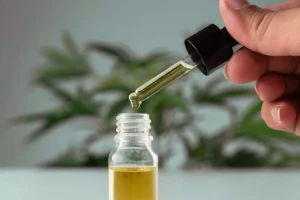
These behavioral signs collectively illustrate how marijuana addiction disrupts various facets of an individual’s life. Our THC detox programs include comprehensive aftercare planning to ensure ongoing support after initial treatment. This may involve continued therapy, participation in support groups, and access to resources that help you maintain sobriety and prevent relapse. Professional treatment provides the necessary support to manage these symptoms effectively and reduces the likelihood of relapse, ensuring a safer and more successful detox process. Customized THC detox plans are personalized in consultation with healthcare professionals, taking into account individual needs, preferences, and medical history.
What Are the Withdrawal Symptoms of Marijuana?
Regular marijuana use can escalate into cannabis dependency, with withdrawal symptoms appearing upon cessation. These symptoms, such as anxiety, irritability, and physiological changes, reflect the brain’s adaptation to consistent cannabis exposure, leading to a decrease in natural neurotransmitter production. The withdrawal period typically peaks around the third day and subsides within weeks, signaling the brain’s return to natural dopamine production. Abuse of any substance, including marijuana, is when the user begins seeking the substance compulsively and continues use though there have been harmful effects to their lives, including problems with family, school, work or the legal system. Research has shown that about 9% of all marijuana users2 become addicted and that those who start early and who are daily users are more susceptible to marijuana addiction.
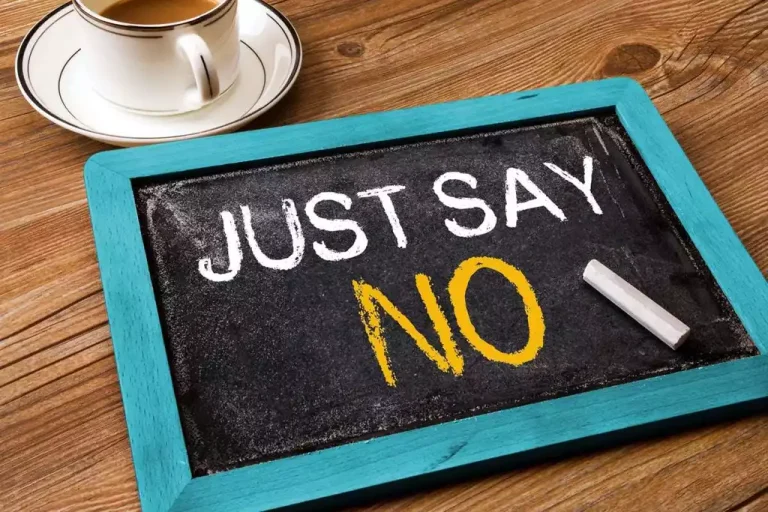
What Are the Causes of Marijuana Addiction?
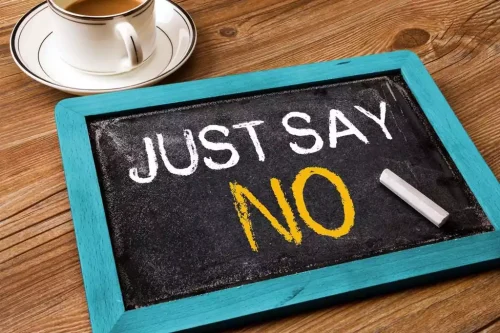
Our outpatient services provide the flexibility to receive treatment while maintaining daily responsibilities, making it easier to integrate recovery into your life. Pot smokers who are classified as marijuana abusers frequently report that they have withdrawal symptoms that include sleeplessness, no appetite, anxiety, cravings to use, and irritability. While any of these can make quitting difficult, the combination of several symptoms can make it difficult to stay on the road to recovery.
- Research has found that it usually takes people a few tries before they are successful.
- The project will include a program to test the composition and potency of cannabis products used and will integrate registry data with other data sources.
- Finding ways to stay busy can help distract you from some of the unpleasant withdrawal symptoms.
- As societal acceptance of marijuana grows alongside its availability, understanding and addressing cannabis use disorder remains crucial for public health initiatives.
Office of Addiction Services and Supports
Because many communities do not offer MA, many seeking support in their recovery will find Narcotics Anonymous (NA) to be a more accessible option. Get professional help from an online addiction and mental health counselor from BetterHelp. Terms of UseThe information on this website is for general information purposes only. This Website, the website content, and the provided services are not intended Sobriety to be a substitute or replacement for professional medical advice, diagnosis, or treatment for any individual case or situation.
Physical effects are uncomfortable but usually subside within a few days to weeks as the body adjusts to not having THC. According to the Center For Disease Controls 2024 post on “Cannabis Facts and Stats”, approximately 52.5 million Americans, or about 19% of the population, reported using marijuana at least once in 2021. This figure is higher than the number of active tobacco smokers, which stands at around 36.5 million. It is important to consult a healthcare professional if these symptoms persist or worsen. Psychological effects are changes in mood and emotional state that occur when an individual stops using marijuana. The severity of these effects is significant, often leading to distress and difficulty in daily functioning.
If you want to quit smoking marijuana, there are several things you can do to improve your chances of success like tapering your use, quitting cold turkey (if you’re prepared to handle withdrawal symptoms), and finding healthier distractions. Rehab for marijuana addiction is structured similarly to treatment centers and rehab programs that are dedicated to alcohol and other drug addictions. Marijuana addiction is a growing concern with significant effects on users’ lives, impacting both physical and mental well-being. This addiction is defined by an inability to stop using despite harmful consequences, with psychological how long does weed take to leave your system dependence particularly common among those who start in adolescence.
Betty Ford Center in Rancho Mirage
Mixing marijuana and Hallucinogens such as LSD can lead to loss of control over thoughts, feelings, and behaviors, impairing decision-making and safety. Risks include job loss, damaged relationships, unprotected sex, financial loss, illegal activities, psychotic episodes, and suicide attempts. Although legalization removes cannabis from being a focal point of criminal study, it does not signify the cessation of interest or relevance in the field of criminology in the post-legalization era. Criminogenic factors and outcomes persist, and most psychoactive substances maintain direct or indirect links with criminal activity. In a 2017 Gallup survey, it was found that about 64% of individuals in the United States backed the legalization of marijuana. This marks a significant rise from the 12% recorded in 1969 when Gallup initially posed this inquiry.
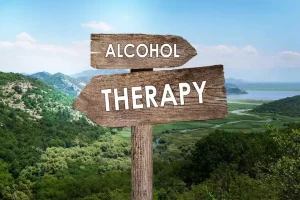
- It often involves medication to manage withdrawal symptoms and varies in duration based on individual progress.
- We have a firm belief that it is possible for YOU to achieve and sustain long-term recovery.
- Those include approaches like restrictions on retail sales, pricing, and marketing; putting limits or caps on THC content in products; and laws about cannabis-impaired driving.
- Acknowledging the far-reaching consequences of marijuana use is necessary for driving change and embarking on the path toward recovery.
- Various treatment facilities offer tailored therapy options such as cognitive-behavioral therapy to address mental health issues arising from addiction.
While it’s true that researchers were unable to determine if the cannabis was smoked, vaped or eaten, the study was conducted prior to 2015 when smoking marijuana was most common, Gowin said. Our treatment plans are customized to meet your specific needs, ensuring that you receive the most effective and appropriate care for your situation. Joining support groups like Marijuana Anonymous (MA) offers a sense of community and shared experiences. These groups provide encouragement and accountability, helping you stay committed to your detox and recovery goals.
Researchers found 63% of heavy lifetime cannabis users exhibited reduced brain activity during a working memory task, while 68% of people who tested positive for recent use of cannabis also demonstrated a similar impact. Our team consists of highly trained addiction specialists and mental health professionals dedicated to providing compassionate and effective care. We stay updated with the latest research and treatment methodologies to offer the best possible support to our clients. Our detox treatment begins with a comprehensive assessment to develop a personalized treatment plan.
What happens when you try to quit smoking pot and you’re addicted?
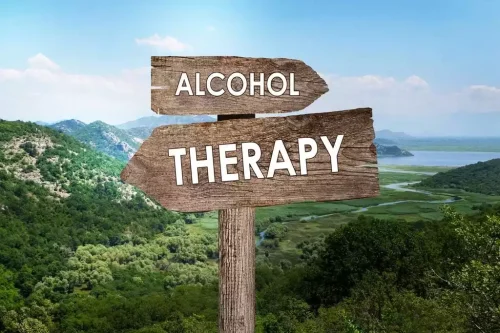
Education efforts should focus on the legal implications of marijuana use, health risks, and coping strategies for resisting peer pressure. CBT https://ecosoberhouse.com/ focuses on helping individuals understand the connections between their thoughts, emotions, and behaviors. This therapy teaches coping skills to manage triggers and high-risk situations, effectively reducing cravings and preventing relapse.